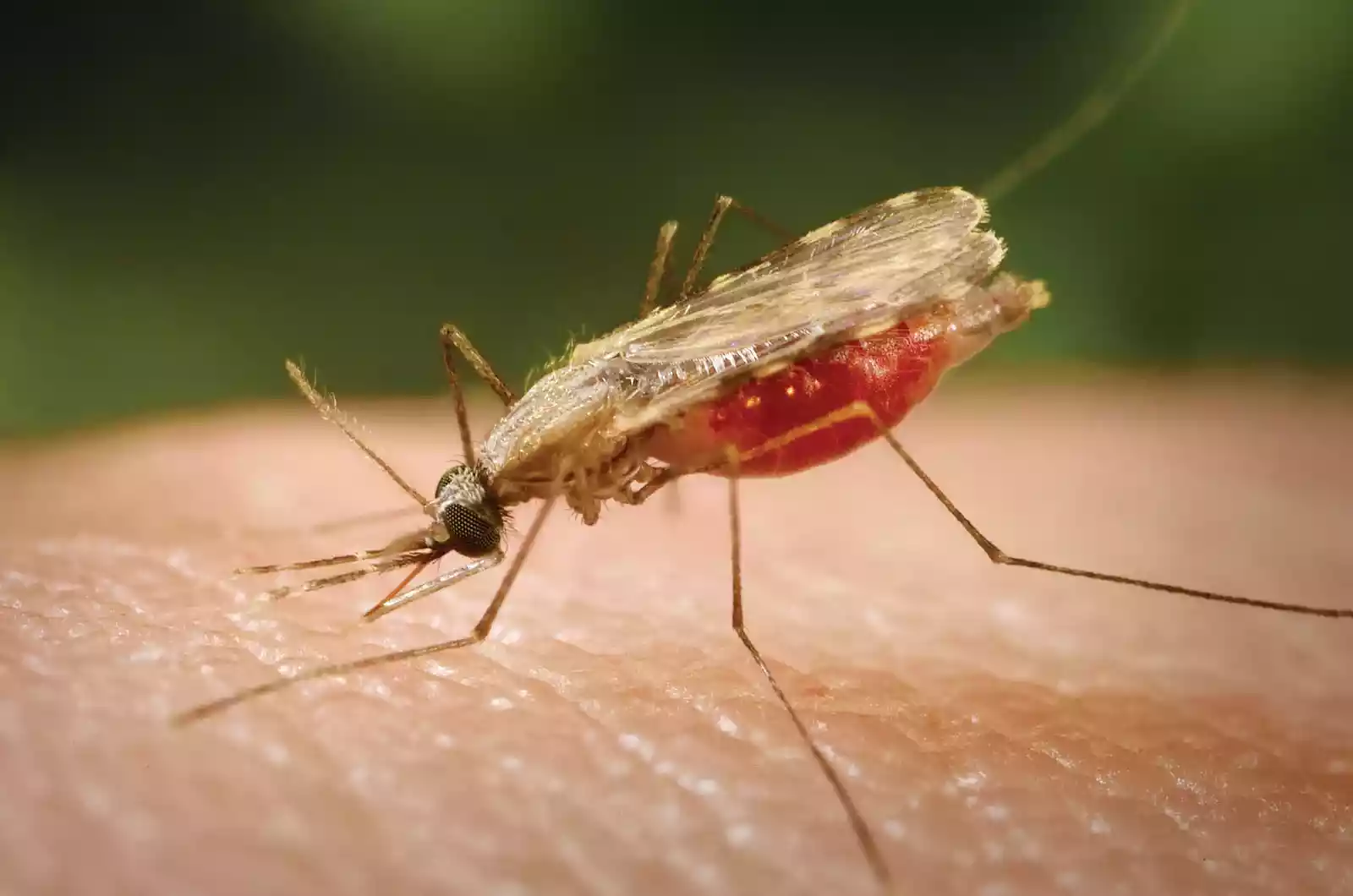
Over 250 people have died and 153 661 people infected in a malaria outbreak that is afflicting Zimbabwe, statistics from the Health and Child Care ministry have revealed, amid calls for more investment in malaria prevention.
According to the ministry’s Weekly Disease Surveillance report, the provinces that reported the highest number of cases were Manicaland at 148 and Mashonaland Central (143).
One person died from malaria during the period in question.
“The death was reported from Makonde district (1) in Mashonaland West province. Of the reported cases, 62 (12,8%) were from the under five years of age. The provinces that reported the highest number of cases were Manicaland (148) and Mashonaland Central (143). The cumulative figures for malaria cases are 153 661 and 254 deaths,” it said in a report for the period ending November 19.
Malaria transmission is seasonal and unstable, causing sickness and death across all age groups. The outbreak occasionally occurs during warm and wet seasons.
Community Working Group on Health executive director Itai Rusike said there was a challenge with the disease affecting non-malaria prone areas.
“It is very worrying that the country is currently experiencing a surge in incidences of malaria with some areas which were once malaria-free zones also reporting cases of the disease.
“We call upon the government to invest more domestic funding in malaria prevention, diagnosis and treatment supported by strengthened community-driven awareness initiatives to stop the current malaria-related illnesses and deaths,” Rusike said.
- Social commentary: Zim women face risks in giving life
- Bosso search for elusive away win
- Social commentary: Zim women face risks in giving life
- Hesitancy slows Covid vaccination for children
Keep Reading
He called for a multi-pronged approach to curb the spread of malaria.
“Government and its partners in the health sector should intensify health promotion programmes to stamp out this deadly disease and improve the health and lives of citizens. Programmes should proactively engage with communities working towards elimination of malaria.
“We urge the government to continue implementing the World Health Organisation recommended prevention strategies such as residual spraying of houses in high transmission areas districts and distribution of treated mosquito nets and this must be done with full community participation and ownership in order to ensure buy-in from the areas where the programmes are being implemented,” he said.
Last week, Health and Child Care minister Douglas Mombeshora said malaria cases had markedly dropped by 68,6 %, while deaths declined by 55,8% between the period 2020 to 2022.
He said the government would double down efforts to eliminate malaria in the country.










